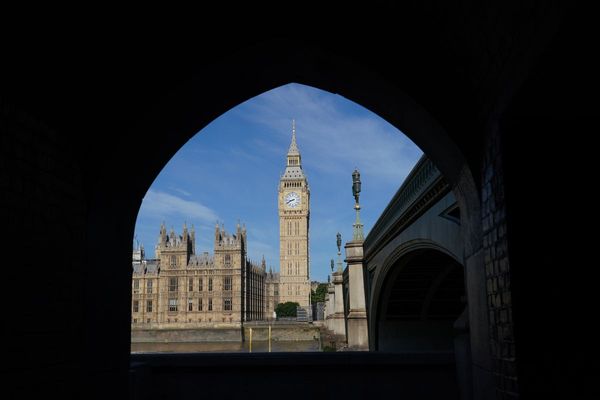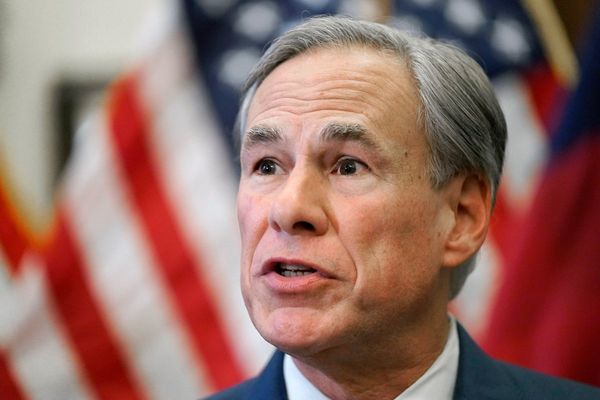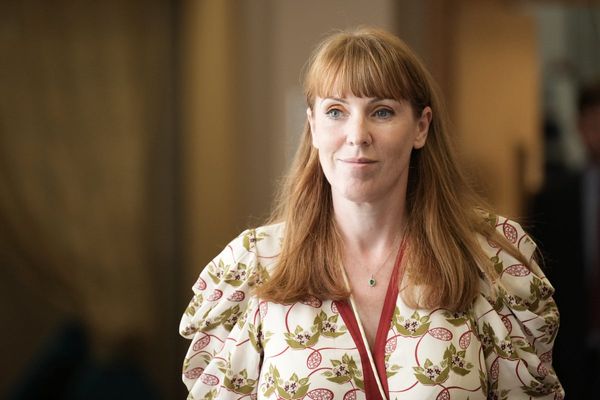Georgina Moodie knows how difficult it can be to find the right school for a child with disability.
As a single parent of two boys, she has twice decided their education "wasn't working".
Both boys, who have been diagnosed with autism spectrum disorder, started their education in mainstream public schools.
On separate occasions, Ms Moodie moved them into specific education settings and saw an "enormous" difference in their learning.
"Until you've had a child with special needs, it's very difficult to understand the feeling around it," Ms Moodie said.
"It's so isolating and so difficult at times."
Her youngest son, Will, started at the local primary school but the first six months were a "nightmare".
"Will just didn't cope with the noise and the interaction, socially he didn't fit in at all."
Ms Moodie said the mainstream school was not resourced to handle children like her son.
"Will used to run away … they would lose him out on the street," Ms Moodie said.
"He'd have a meltdown in the classroom … they did not know how to handle him."
System 'really failing' students with disability
Will's experience is frequently mirrored across the education system in Australia.
A five-day hearing of the disability royal commission this week will examine the experiences of children and young people with disability across different school settings, including special schools.
Many advocates, such as Mary Sayers, the CEO of Children and Young People with Disability Australia (CYDA), would rather see an end to a "dual-track" system.
Ms Sayers will give evidence to the inquiry that the current system "entrenches barriers".
"We have a system that supports students in either mainstream schools or in segregated settings where they're separated from their non-disabled peers," she said.
"The education system is really failing students with disability … if you've got inclusive education, that's a really great way to start with an inclusive society."
After six months of Will struggling in a mainstream school, Ms Moodie felt her only option was to move him to Sir Eric Woodward School at St Ives in the north of Sydney, a special school run by the NSW education department.
An individualised learning plan was developed for Will around not just his academic goals, but also personal development.
Ms Moodie said this had given Will "coping strategies" for his "very short fuse".
"He's come so far over the four years … at Sir Eric, he is understood, appreciated, included, accepted and recognised," Ms Moodie said.
"It's not to say we don't still have struggles … but you come to a challenge behaviourally and there's just understanding."
'A form of segregation'
According to a 2020 report from the Australian Institute of Health and Welfare, 1 in 10 school students in Australia lives with disability, with 380,000 children aged 5-18 with disability attending primary or secondary school.
Almost 89 per cent of those attend mainstream schools and the remainder attend one of Australia's nearly 500 special schools.
But Ms Sayers argues separating students into mainstream and special schools is "a form of segregation", as defined by the United Nations Convention on the Rights of Persons with Disabilities.
"We need to be transforming our education system so that all students are included alongside their non-disabled peers in education," she said.
Ms Sayers wants the royal commission and the Albanese government to commit to a 10-year plan towards inclusive education.
"It's not just about mainstreaming, because the current mainstream system is not working well," she said.
"It's not a real choice if you actually cannot go to your local school because you're being excluded and told there's not enough funding if your child needs some additional support."
Ms Sayers said she did not blame parents who sent their children to special schools.
'He was like a different child'
While home-schooling in lockdown in 2020, Ms Moodie discovered her eldest son, Tom, who was halfway through year 5 at a mainstream primary school, was behind his peers.
"I realised there were major gaps in his education," Ms Moodie said.
"I mean I knew he had autism but honestly, I felt like I'd neglected him."
She applied for Tom to attend Sir Eric Woodward School for his final year of primary education.
"He was really nervous about going there, change or anything like that is very difficult for him," Ms Moodie said.
"But [when he got there] he was like a different child."
Tom is now at Pittwater High School, north of Sydney, where he receives learning support through the Cabrananga Special Education Unit.
"He does a couple of mainstream classes — maths, science and technology," Ms Moodie said.
"He's happy, that's the important thing."
Ms Moodie has been president of the Parents & Citizens' Association at Sir Eric Woodward School since mid-2021.
Asked about "inclusive" education, Ms Moodie said in her experience there would need to be "dramatic" change to mainstream schools in terms of "resourcing and understanding."
"I think choice is essential," Ms Moodie said.
"Unfortunately, society is not particularly embracing or inclusive or accepting of disability."







